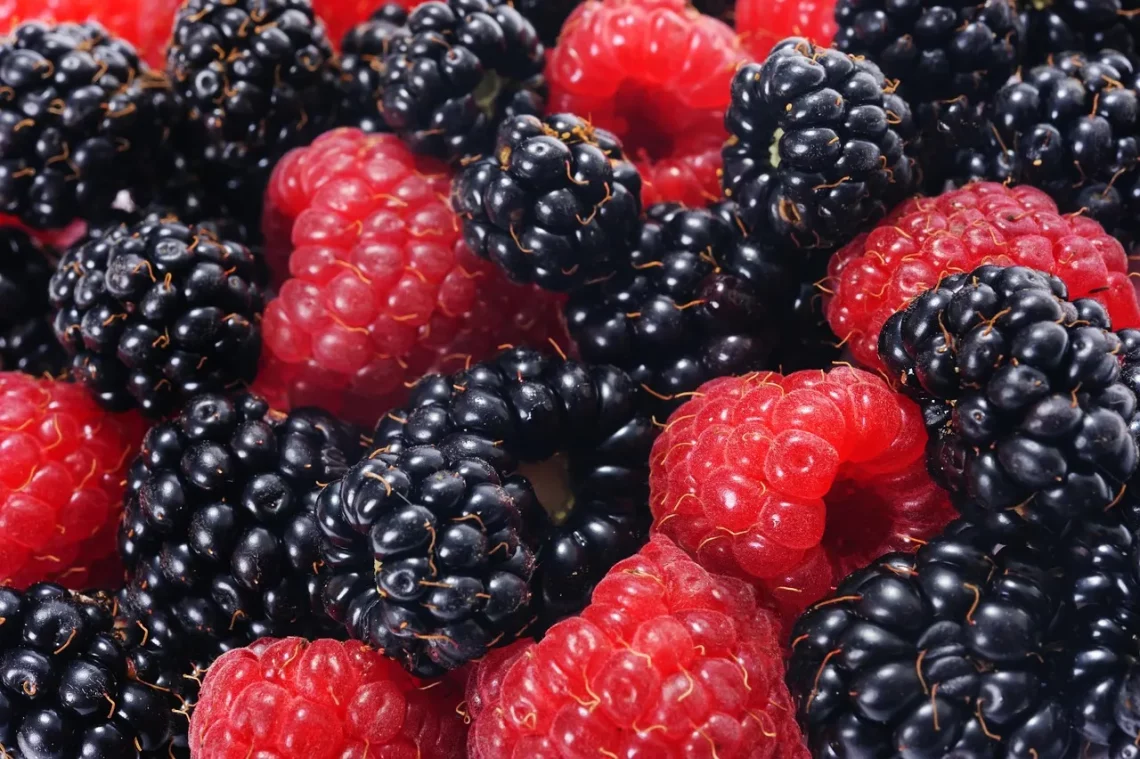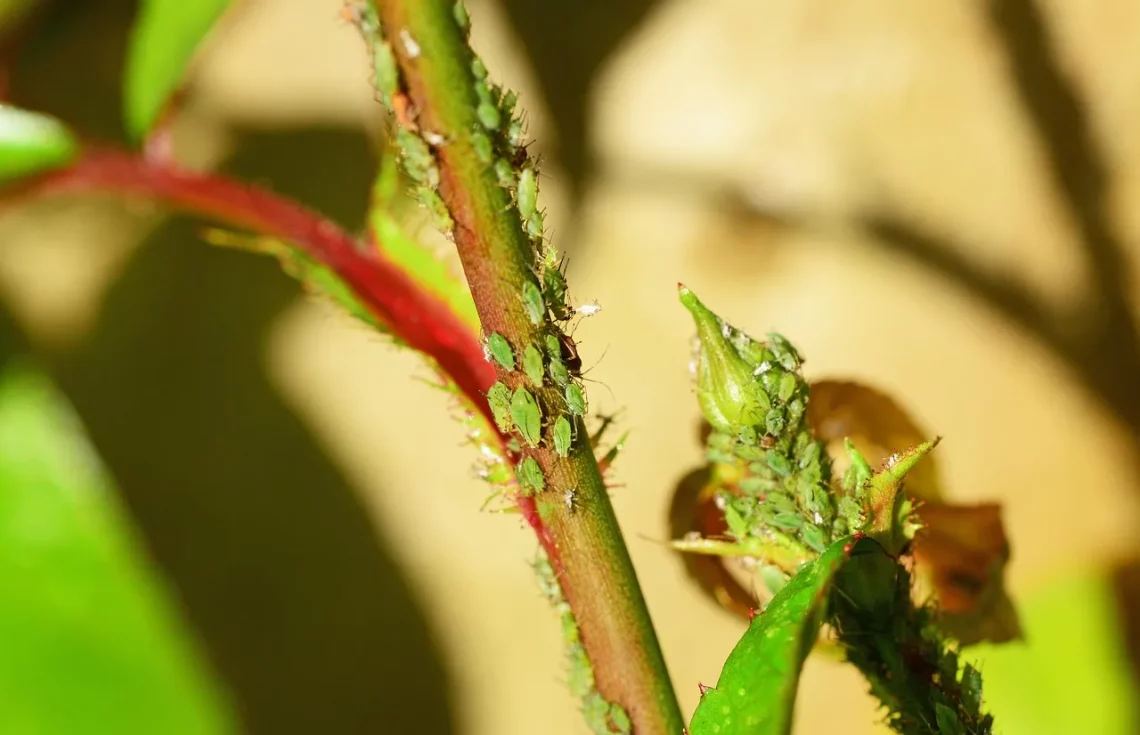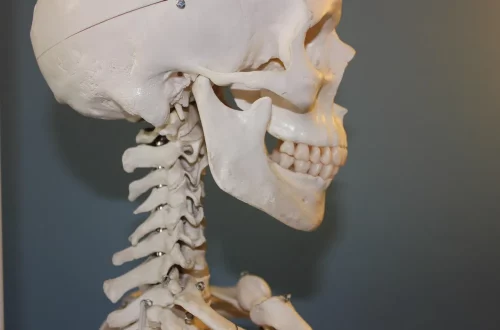-
Why Is My Cat Eating Cockroaches and What It Means for Their Health
Many cat owners have experienced the unsettling sight of their feline friend indulging in the consumption of cockroaches. This behavior can raise concerns and questions regarding the health implications for the cat, as well as the reasons behind such an instinctive action. Cats are natural hunters, exhibiting behaviors that stem from their wild ancestors. While it may seem distasteful to humans, for cats, hunting and eating insects is an instinctual part of their nature. The reasons your cat might be drawn to cockroaches can range from nutritional needs to boredom, or simply a manifestation of their predatory instincts. Understanding this behavior is essential not only for addressing any potential health…
-
Can Cat Urine Make You Sick? Understanding the Health Risks
Understanding the potential health risks associated with pet ownership is essential for maintaining a safe and healthy living environment. Among the various concerns that arise, cat urine is often overlooked. While many cat owners are familiar with the typical odors and cleaning challenges associated with feline waste, few consider the broader implications of cat urine on human health. Cat urine contains a variety of compounds, some of which can indeed pose health risks to humans. Understanding these risks requires a deeper dive into the nature of cat urine, the potential pathogens it may carry, and how it interacts with human health. Additionally, it is important to recognize the symptoms of…
-
Understanding Vaginal Bleaching: Risks and Considerations
Vaginal bleaching is a beauty trend that has gained attention in recent years, particularly among individuals seeking to enhance their intimate aesthetics. The practice involves lightening the skin in the vaginal area, often for cosmetic reasons, and can be performed using various products and methods. While some may view vaginal bleaching as a means of boosting confidence or self-esteem, it is essential to approach this practice with caution. The intimate area is sensitive and can be prone to irritation and adverse reactions from harsh chemicals often found in bleaching products. As with any cosmetic procedure, understanding the potential risks and considerations associated with vaginal bleaching is crucial. Many products marketed…
-
What Happens If You Eat Playdough? Exploring the Risks and Effects
Eating playdough might sound harmless or even amusing, especially considering its vibrant colors and pliable texture. Many people, particularly children, encounter this non-toxic modeling compound during playtime, often leading to curious thoughts about its taste and safety. Playdough has been a staple in children’s activities for generations, serving as a tool for creativity and imagination. However, the act of consuming it raises important questions about the potential effects on health and well-being. The ingredients in playdough are typically safe for handling, but they are not intended for ingestion. The primary components often include flour, water, salt, and food coloring, combined to create a soft and moldable substance. While these ingredients…
-
Do Rats Eat Dog Poop and What It Means for Your Pets?
Rats are often seen as pests, lurking in the shadows and scavenging for food in urban environments. Their adaptability to various habitats, particularly in close proximity to human dwellings, raises many questions about their behavior and feeding habits. One of the more unsettling behaviors observed in rats is their tendency to consume feces, including that of dogs. This phenomenon has sparked curiosity and concern among pet owners, leading to discussions about the implications for pet health and hygiene. Understanding the dietary preferences of rats is essential, not just for dispelling myths but also for protecting our pets and maintaining a healthy living environment. The interaction between rodents and pet waste…
-
Can Cats Catch Human Lice: What You Need to Know
The relationship between humans and their feline companions is often cherished, with cats providing comfort, companionship, and entertainment. However, when it comes to health concerns, particularly regarding parasites, many cat owners find themselves asking difficult questions. One such concern is the possibility of cats transmitting human lice, a topic that can spark confusion and anxiety. Lice, specifically head lice, are tiny, wingless insects that thrive on human blood and are notorious for their ability to spread rapidly among people, especially in settings like schools or daycares. On the other hand, cats can carry their own types of parasites, such as fleas and ticks, which can lead to further misconceptions about…
-
Why Experts Now Advise Against Removing Your Wisdom Teeth
Wisdom teeth, often seen as a rite of passage for many young adults, have long been the subject of contention in dental health discussions. Traditionally, the removal of these molars has been a common practice, with many dental professionals advocating for their extraction as a preventive measure. However, recent shifts in the dental community’s perspective have led to a reevaluation of this procedure. Experts are increasingly questioning the necessity of wisdom tooth extraction, and this change in opinion is prompting individuals to reconsider their options and the potential implications of surgery. The wisdom teeth, also known as third molars, typically emerge in late adolescence or early adulthood, often leading to…
-
Does Extra Gum Contain Xylitol and What It Means for Your Health
Chewing gum has become a staple for many, offering a quick way to freshen breath and even improve focus. Among the various brands and flavors, Extra Gum stands out as a popular choice for its wide variety of tastes and sugar-free options. One of the key ingredients often discussed in relation to sugar-free gum is xylitol, a sugar alcohol that has gained attention for its potential health benefits. Understanding whether Extra Gum contains xylitol is crucial for those who are health-conscious, especially individuals managing dental health or those on specific diets. As consumers become more aware of the ingredients in their food and beverages, the presence of xylitol and its…
-
Do Steroids Cause Baldness? Understanding the Connection and Risks
The conversation surrounding anabolic steroids often delves into their effects on the body, particularly concerning physical performance and aesthetics. While these substances are utilized by athletes and bodybuilders to enhance muscle growth and improve recovery times, there are significant health implications associated with their use. One of the most frequently discussed side effects is hair loss, leading many to wonder: do steroids truly cause baldness? This topic brings to light various factors, including genetics, hormonal changes, and the complex relationship between steroid use and hair follicle health. Baldness, especially male pattern baldness, is primarily influenced by genetics and hormones. However, the introduction of synthetic hormones through steroid use can exacerbate…
-
Understanding the Risks and Benefits of Anal Skin Bleaching Cream
Skin bleaching has become a significant trend in various beauty and personal care circles, with many individuals seeking a lighter skin tone for aesthetic purposes. This practice is not limited to facial treatments but extends to other sensitive areas, including the anal region. Anal skin bleaching creams are marketed to reduce pigmentation and achieve a more uniform skin tone, appealing to those who desire a particular look for personal or sexual confidence. However, this trend raises numerous concerns about safety, effectiveness, and the potential health risks involved. While many people are drawn to these products for their promised benefits, it’s crucial to understand the complexities behind their use. The skin…




































